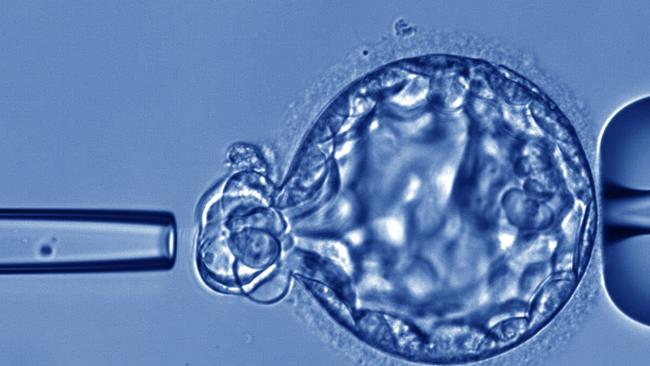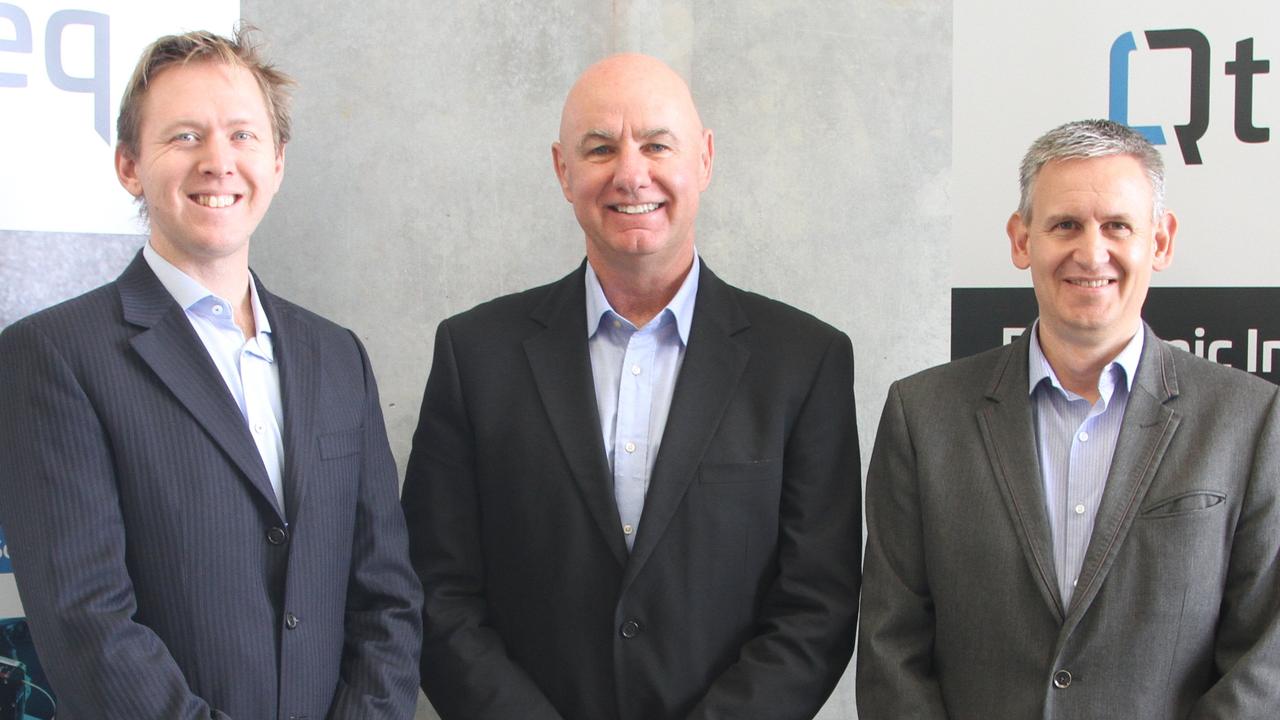Fertility clinic Monash IVF settles lawsuit while its latest accounts reveal deep loss
Former Monash IVF patients who may have destroyed otherwise healthy embryos due to a faulty genetic test have secured a record settlement, as the group’s bottom line was hit by the legal fight.

Former Monash IVF patients say their “hopes, dreams and ambitions” to have a family remain shattered even after winning a landmark $56m settlement from a lawsuit alleging a faulty genetic test led to the destruction of otherwise healthy embryos.
One lead class action plaintiff, Michelle Pedersen says the settlement, which must now be approved by the Victorian Supreme Court, will not change patient outcomes or “remove the heartbreak” but hoped it might give closure to patients caught up in the so-called NiPGT testing debacle.
“The inherent nature of the IVF process means that patients are often at their most vulnerable,” she said in a statement.
“Class members have had hopes, dreams and ambitions that have been shattered.
“Our goal was to hold Monash IVF to account and give the 700 (plus) class members a sense of justice, we hope we have achieved this.”
Margalit Injury Lawyers brought the action on behalf of the plaintiffs, and in a statement released on Thursday alleged its case revealed employees of one of the defendant companies “deliberately doctored the results of a clinical trial, forged patient signatures on consent forms, and burnt documents to cover up incriminating evidence of illegal experiments on patient embryos”.
The settlement came as Monash IVF released its annual financial results on Thursday, revealing a deep swing into the red.
The fertility provider plunged to a statutory loss of $6m from a profit of $22m in the prior year, despite revenue jumping by 19 per cent.
The class action cut $32m from Monash IVF’s bottom line, according to the latest accounts, which triggered a 9 per cent fall in its share price to $1.29.
The lawsuit claimed the NiPGT test, launched by Monash IVF in 2019, should never have been used because there was a significant risk, not disclosed to patients in fact sheets and consent forms, that it could produce false positive and false negative results.
After the test was suspended in October 2020, patients were told there was a marginal difference between the NiPGT test — which was promoted because it was non-invasive — but Margalit Lawyers said a review conducted by the defendants revealed the false positive rate was 35 per cent.
That means 35 per cent of the embryos found to be abnormal by the test could have been normal and potentially lead to a viable pregnancy.
Margalit Lawyers managing principal Michel Margalit told The Australian while there was a sense of relief in the class action group, “no amount of money will repair the harm that’s been done”.
Ms Margalit urged Monash IVF to approach the Patient Review Panel, an independent statutory body established to advise on some assisted reproductive treatment matters, to contact former patients whose embryos may still be being stored by the fertility clinic to inform them about the court case.
A Monash IVF spokeswoman said the fertility clinic has made no admission of liability as a result of reaching an agreement with the class action members through mediation.
“While we have defended the claim, we believe it is in the best interests of our patients and people to resolve the matter rather than go to trial,” she said.
“We acknowledge this case has been challenging for many people, and we regret any distress or hurt that may have been experienced.
“Achieving the best possible outcomes for our patients has always been and continues to be our absolute focus and mission.”






To join the conversation, please log in. Don't have an account? Register
Join the conversation, you are commenting as Logout